Historic levels of freight rates and intensity of the ship-to-ship crude transshipment phenomenon have been brought about by the war in Ukraine over the past twelve months.
Average profits on tankers have remained above $40,000 a day for eight months, the longest on record, according to data from Clarksons Research.
Similarly, Clarkson Research’s used tanker price index recorded its steepest rise in a year, rising 52% to its highest level since 2008.
A year after Russia’s invasion of Ukraine, the shares of several listed shipping companies that operate tankers have quadrupled in value, while values of older tankers have reached record highs as well as sales volumes.
At the same time, due to the war and the embargo imposed on Russian crude oil and its refined products, global trade flows have been rearranged. Sanctions have shut down some markets (like Europe) and forced a rethink about how best to serve more distant new markets (like India and China). In this context, it appears that oil (both crude and products) is increasingly being moved through so-called ship-to-ship (STS) transport.
STS transshipment
Ship-to-ship transfers are not a new phenomenon, explains analysis firm Poten. STS transports have been used for many years in various parts of the world as the shipping industry seeks to maximize economies of scale. It is much cheaper to move oil in a VLCC, which can carry 2 million barrels, than in an Aframax tanker, which “only” carries 700,000 barrels. However, as not all ports in the world can accommodate VLCCs due to draft limitations, STS operations are leveraged to make crude and product transport more efficient. Indicatively, the analysis company reports, this phenomenon is very strongly observed in the USA, where VLCCs cannot dock in many American ports.
So the oil gets there by VLCC and is then transhipped onto smaller ships. This process is also widely used in West Africa, where fully loaded LR1 or LR2 tankers arriving from Asia or Europe transfer their cargo to several smaller vessels, which then distribute it along the West African coast. When STS operations are done correctly, they are safe and effective.
STS transfers are not only used to facilitate economies of scale. They are also a “tool” to “hide” the origin of the load. Russia, Poten points out, appears to be using STS transports for both the following two purposes: to hide the origin of cargo and to achieve economies of scale in cargo transportation.
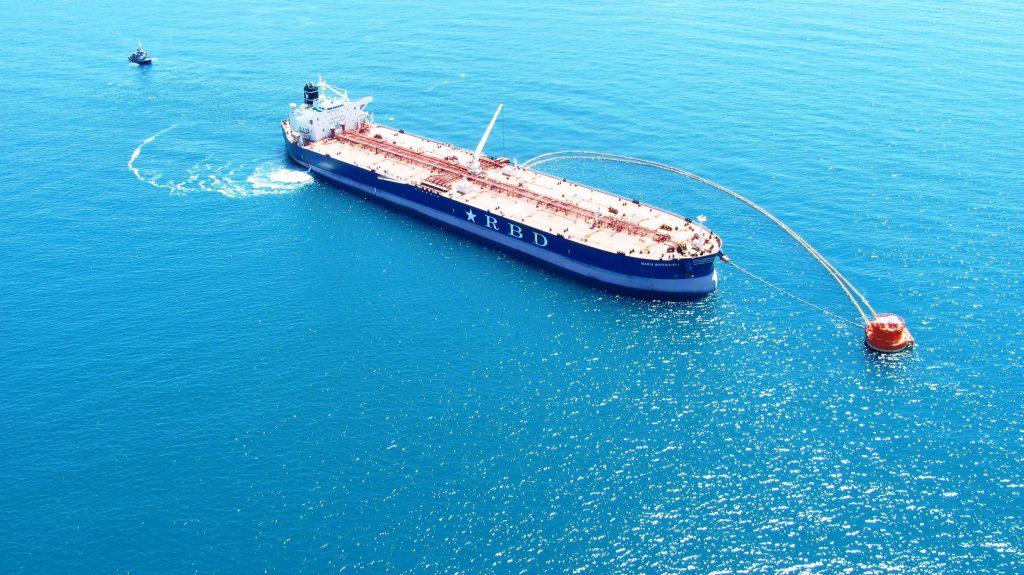











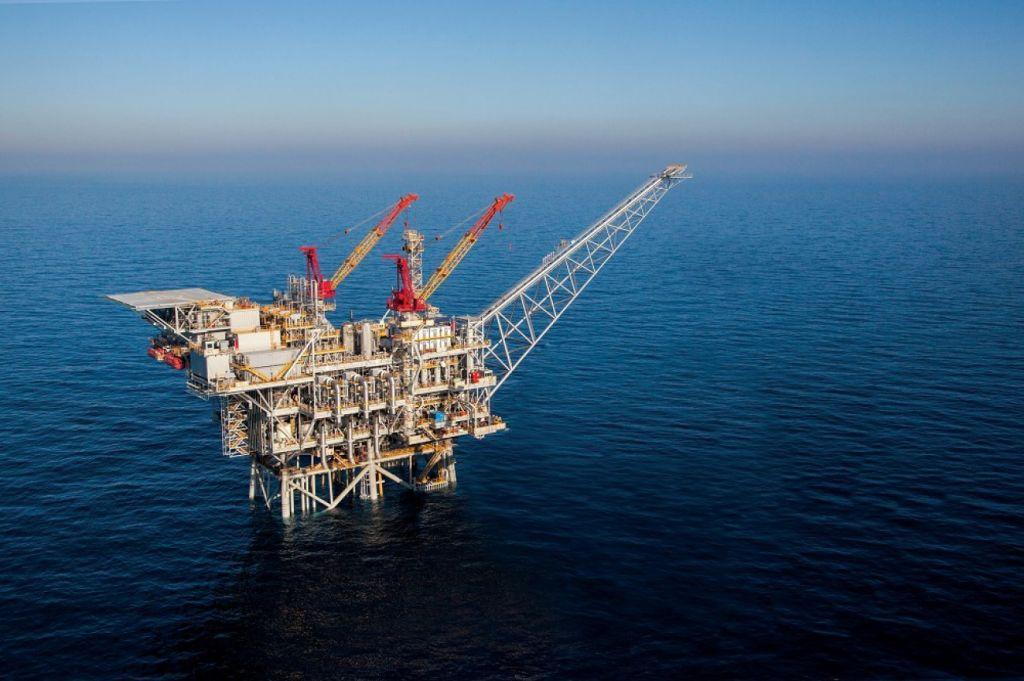









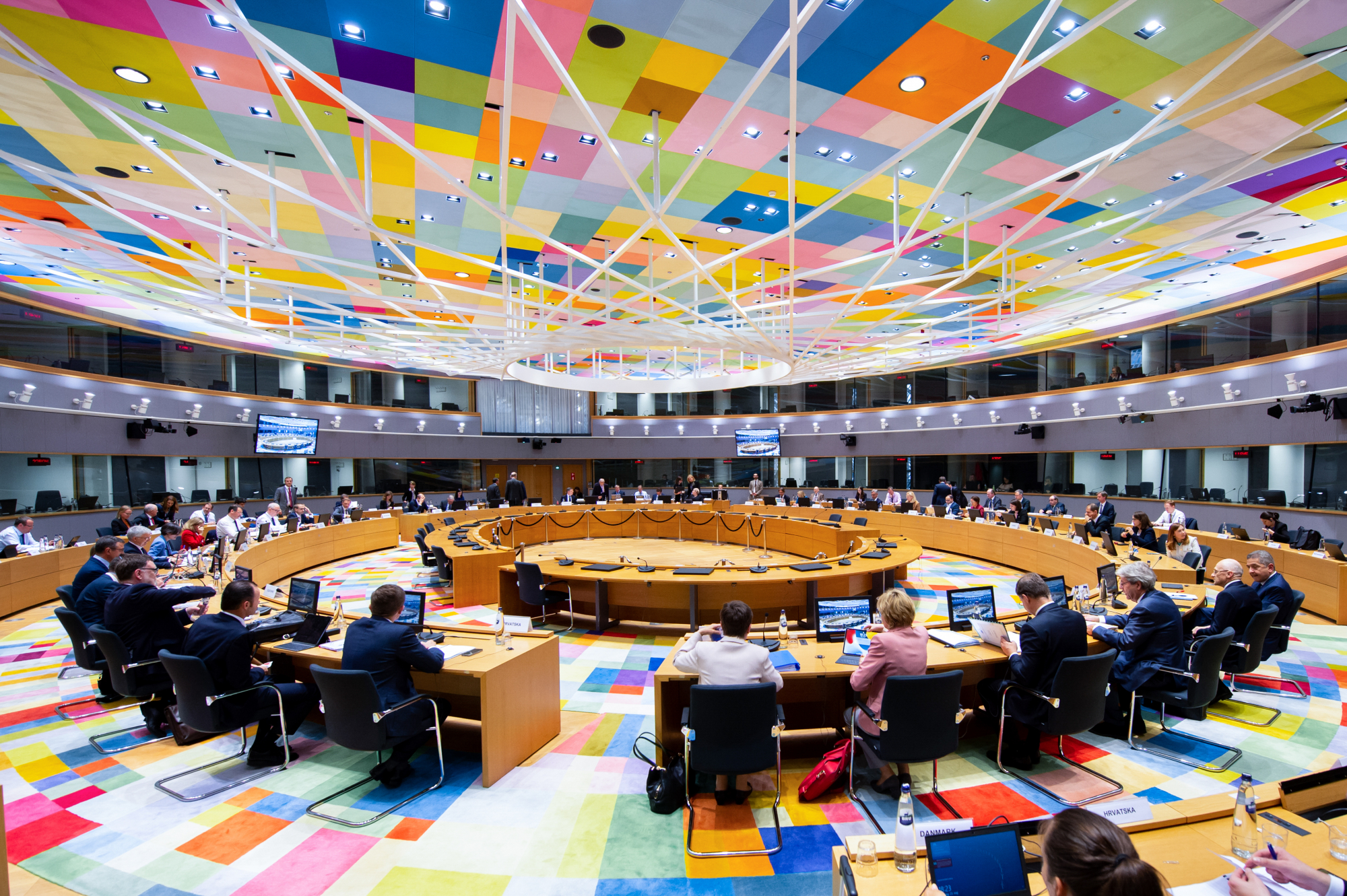


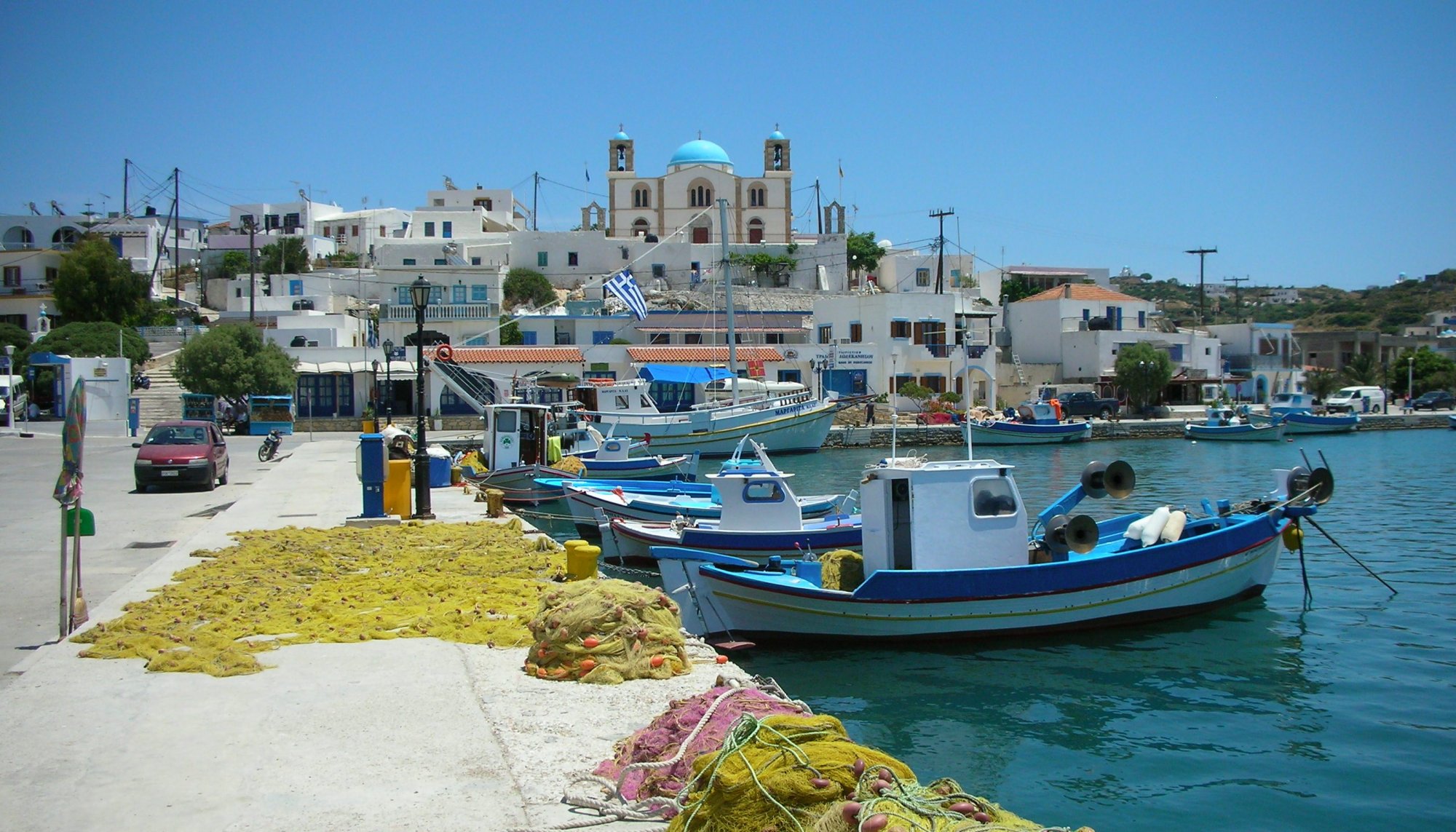


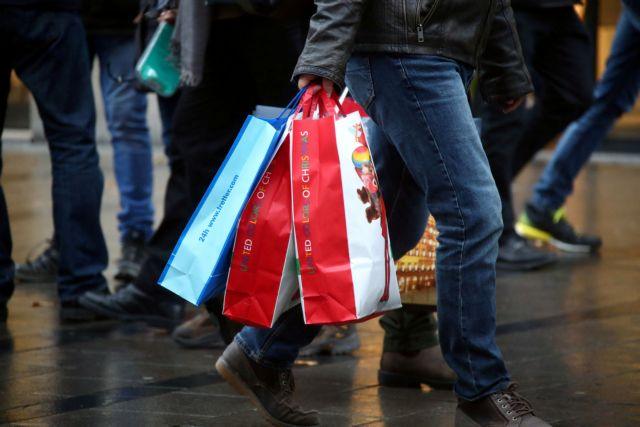






![Ψηφιακά στοιχεία διακίνησης αποθεμάτων [18ο Μέρος]](https://www.ot.gr/wp-content/uploads/2025/12/taxes-scaled-1-1024x732-1.jpg)





